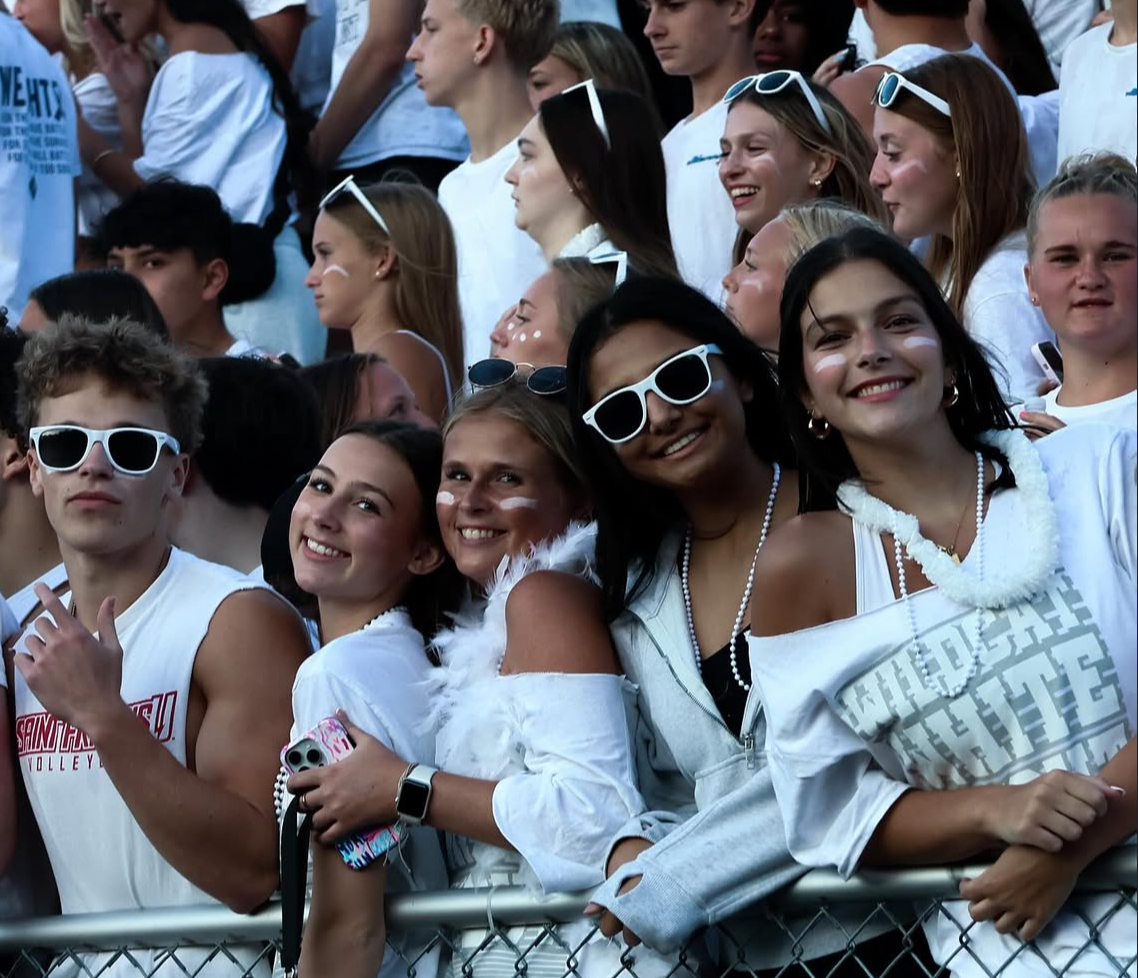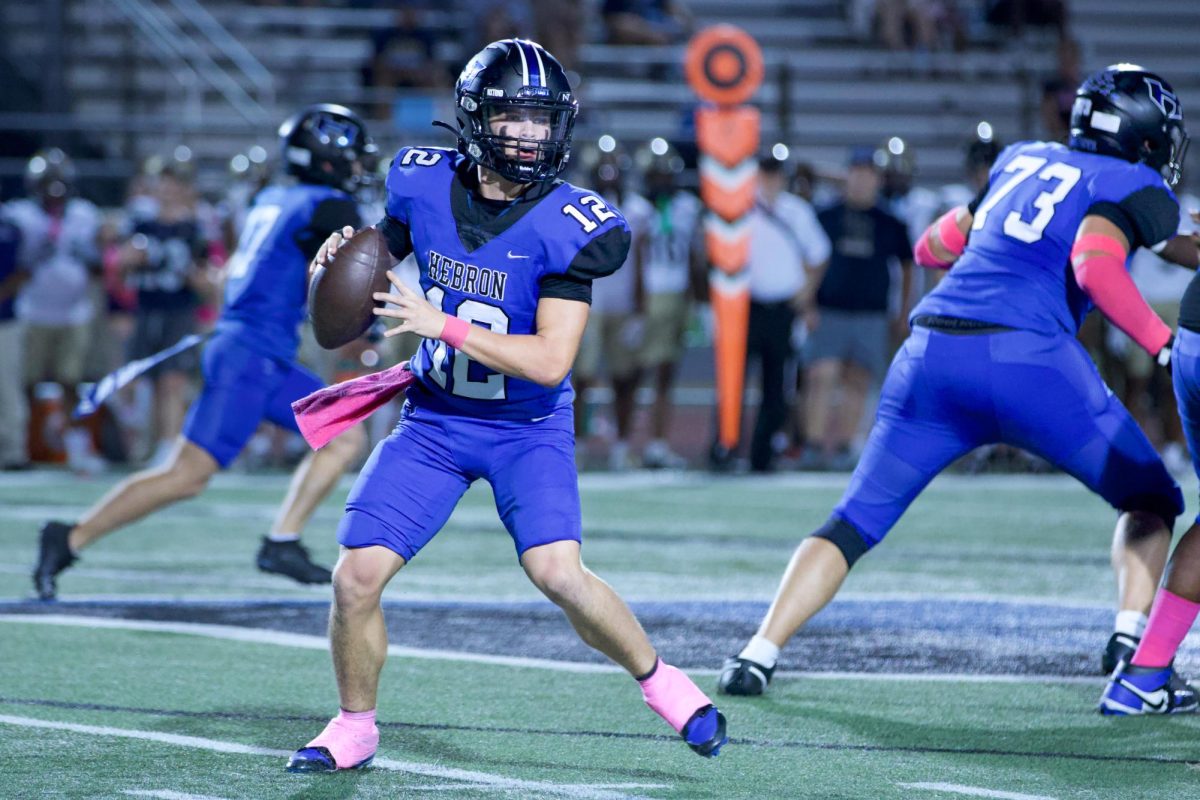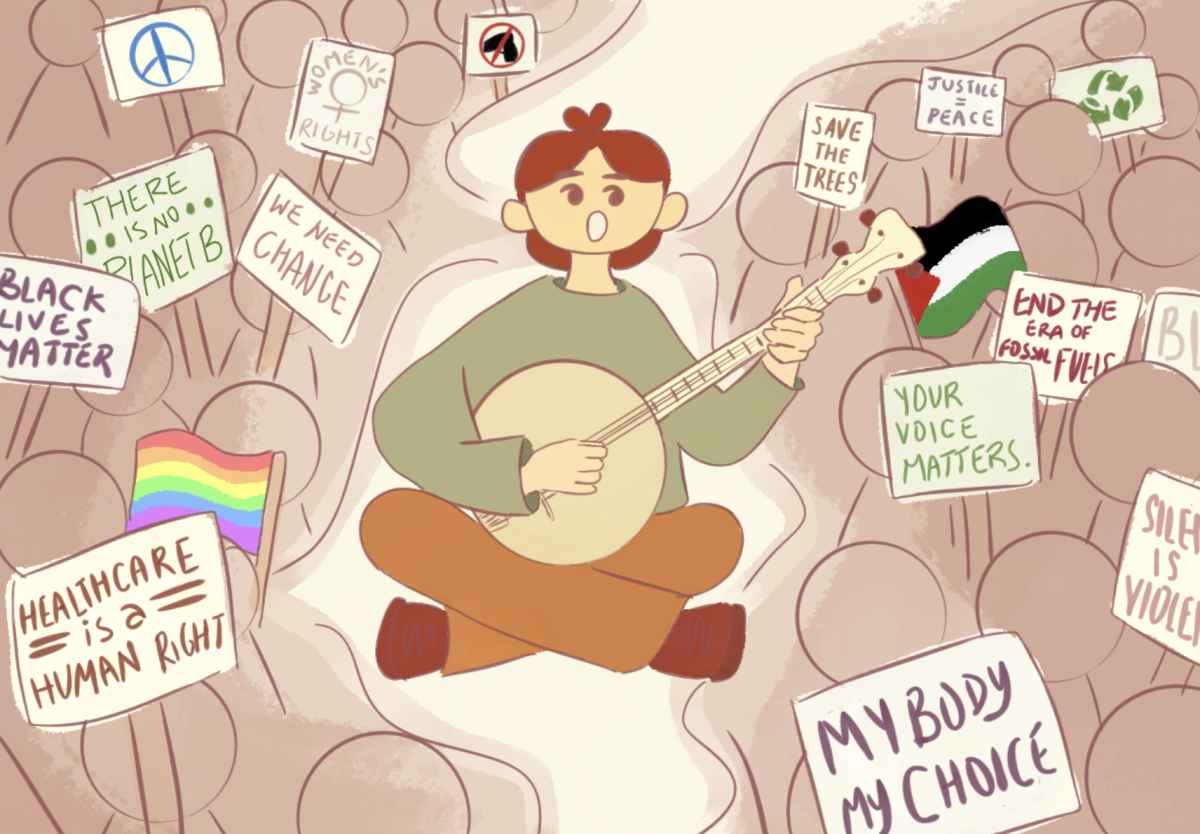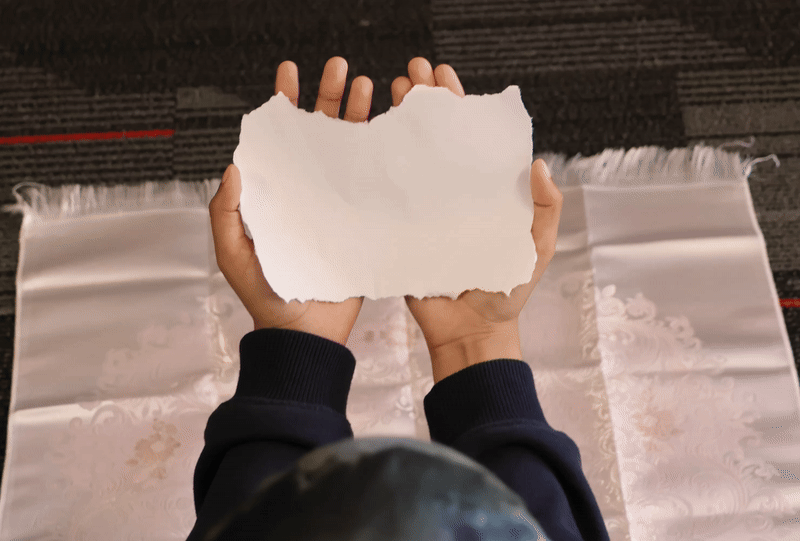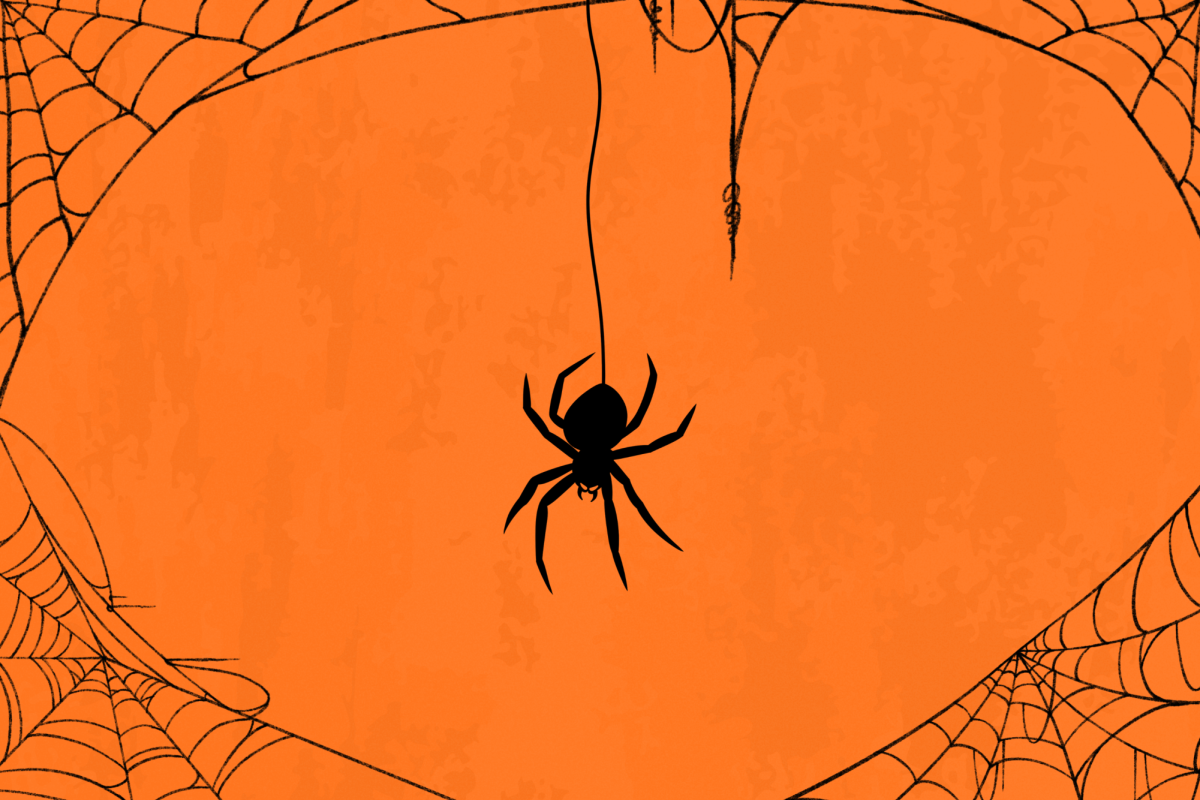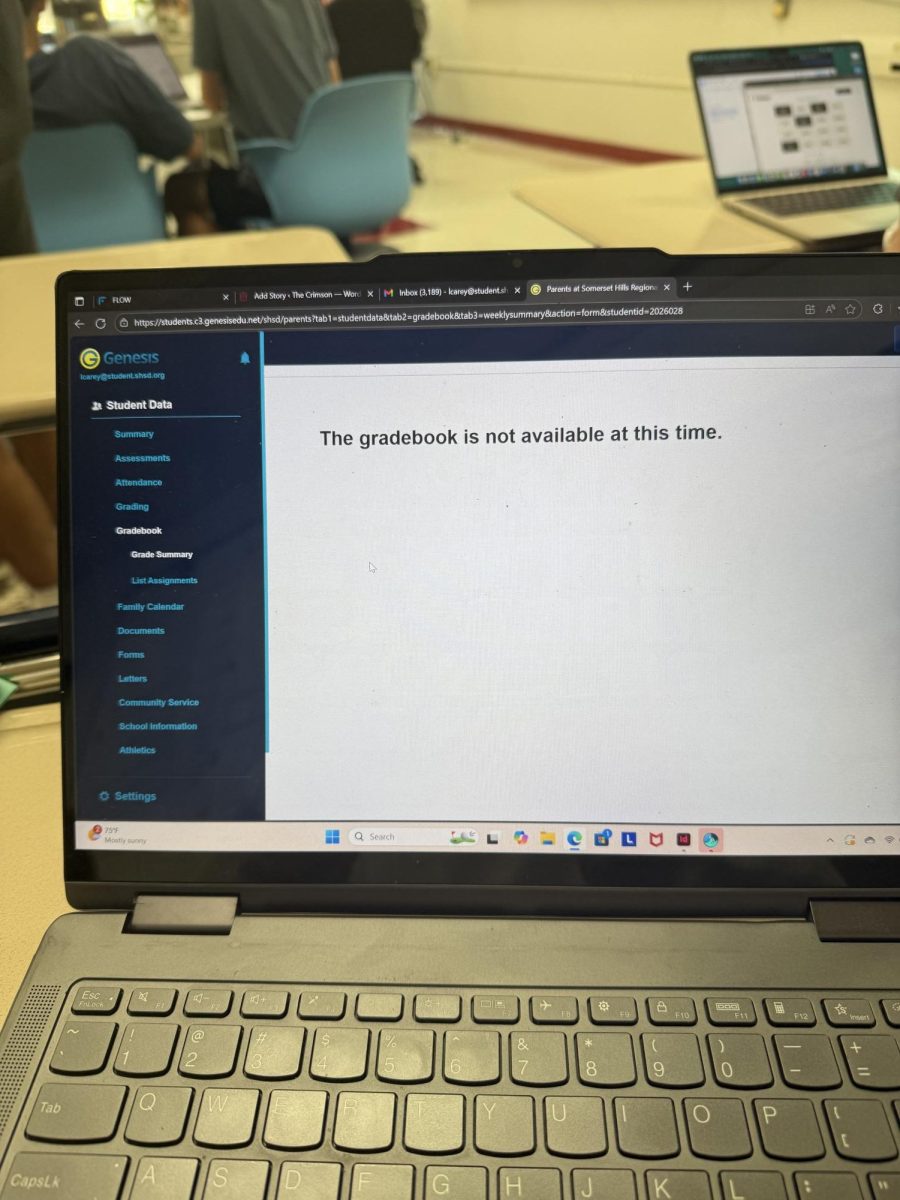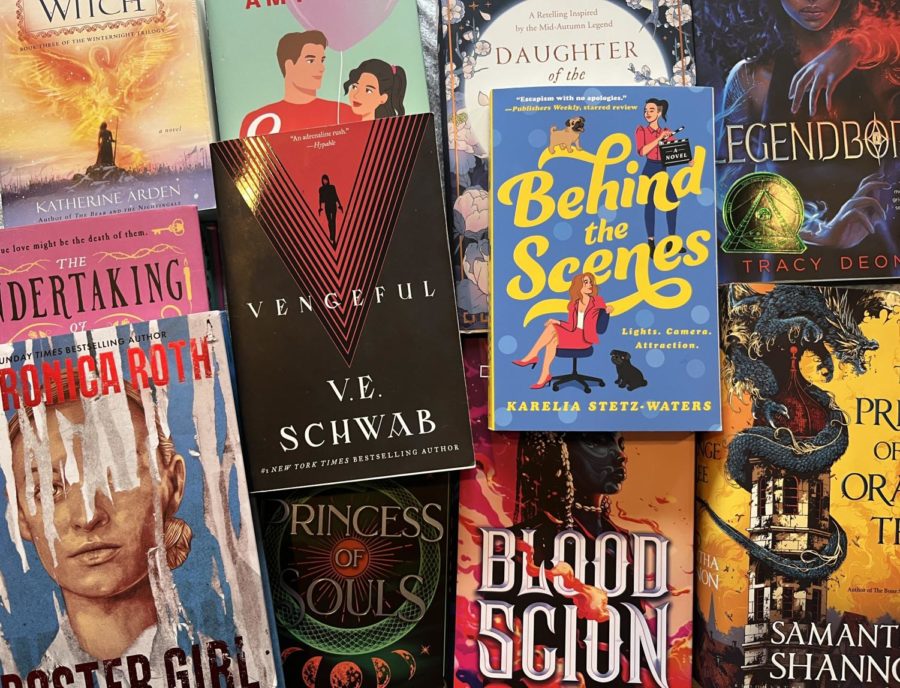Women make up the majority of readers and authors, but despite this, they still face additional obstacles in the book and publishing industries.
“There’s more women getting published, but it’s misleading when you see that statistic because male authors get paid more and in the publishing world, most executives who have the high paying jobs are men. So it’s still a male-dominated field,” said Lincoln librarian Lori Lieberman.
According to Dr. Rachel Noorda, Director of Book Publishing and Assistant Professor of English at Portland State University, survey data from 2019 showed that while 74% of employees in the publishing industry are cisgender women, only 60% of executive level positions in publishing were held by cisgender women. Additionally, a 2018 UK study found that the average salary for women working in publishing was around 11-29% less than that of their male counterparts.
Reviews are an important way books gain recognition. Oregon State University professor of English, Emerita Anita Helle, discussed the importance of distinguishing mainstream intellectual press, such as The Atlantic or The New Yorker from literary presses and journals, such as Copper Canyon Press, Poetry and The Gettysburg Review.
“In the mainstream intellectual press, the ratio of women/non-binary authors to male authors in 2019 was around 1:3…But in many of the literary journals statistics show an equal to greater number of women are being published,” said Helle. “There may be more “new” room for women in the more experimental or avant-garde outlets and in smaller literary press publications.”
The gender gap in who wins literary awards is also a topic of discussion.
“There are gaps throughout the process: of determining who is nominated, who wins the award, and who judges the award,” said Noorda. “[Research from Radbound University] demonstrates that the representation of women as nominees, winners, and judges is below 40% for the big awards like the Booker Prize, Pulitzer Prize and National Book Award.”
The existence of the “women’s fiction” genre and lack of a similar genre for men’s fiction has also been called into question.
“There is an assumption in the industry that only women read fiction written by women. Therefore, the work of women authors often gets categorized as women’s fiction while a man’s work is categorized as literary fiction,” said Noorda. “In other words, this labeling is a form of othering.”
Helle also feels that categorization adds to inequity.
“The category of women’s fiction as a separate category is fraught and problematic,” said Helle. “The whole category of ‘women’s fiction,’ in my view, merely reinforces a binary.”
Additionally, according to a 2018 Study, books by women are on average sold at 45% of the price of books written by men. Professor at Linn-Benton Community College and romance, young adult and thriller author Karelia Stetz Waters pointed out in an interview that the romance genre, primarily dominated by women, is often called the backbone of the publishing industry, and makes the most money despite the price difference. She explained that this shows just how popular the genre is.
The romance genre is a genre that particluarily demonstrates the disparity in the industry, since despite the popularity of the genre, stigma still surrounds it.
“It’s a genre that’s historically been written by women for women and has therefore been relegated to the category of escapism and as formulaic,” said Stetz-Waters. “Romance puts women’s dreams and hopes and desires at the center of the story and shows women getting what they want and that is just, according to patriarchal society, fanciful, unnecessary and silly.”
In 2021, Stetz-Waters, who writes novels centering sapphic characters released her seventh book which gained far more traction compared to her previous three romance novels.
“I think that it was because the industry wasn’t ready for those books yet,” said Stetz-Waters. “Even as recently as maybe six years ago, big mainstream publishers were generally not publishing and not selling queer women’s romances. When I pitched [my] first one to my agent, she called it unprecedented.”
Despite the genre’s struggle, people like Lola Kovel, co-president of Lincoln’s Romance Book Club, feel the romance genre and work written by women is especially valuable.
“If you’re only reading books written in a male perspective, then you’re only getting the male perspective of those books. I think when you switch over to this predominantly female written genre, it really opens up your view of things,” said Kovel. “And I think that’s really important for men to read too because I think it’s always good to get different perspectives on any situation.”
This story was originally published on The Cardinal Times on March 17, 2023.










